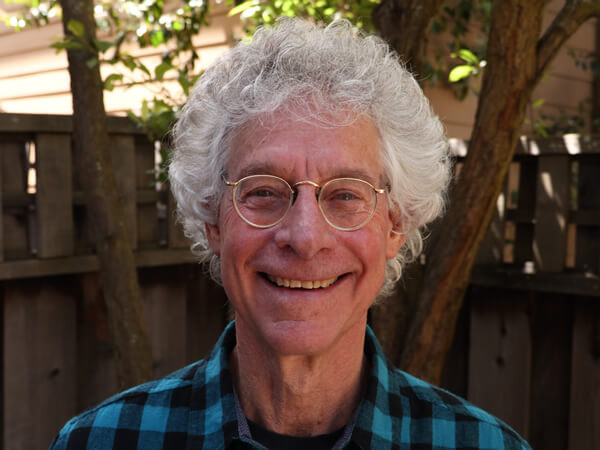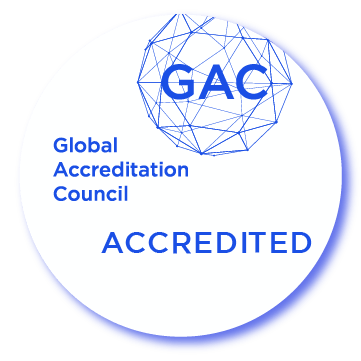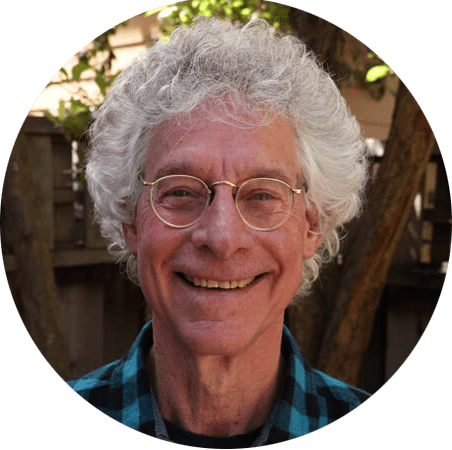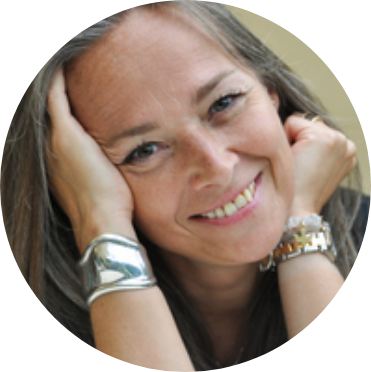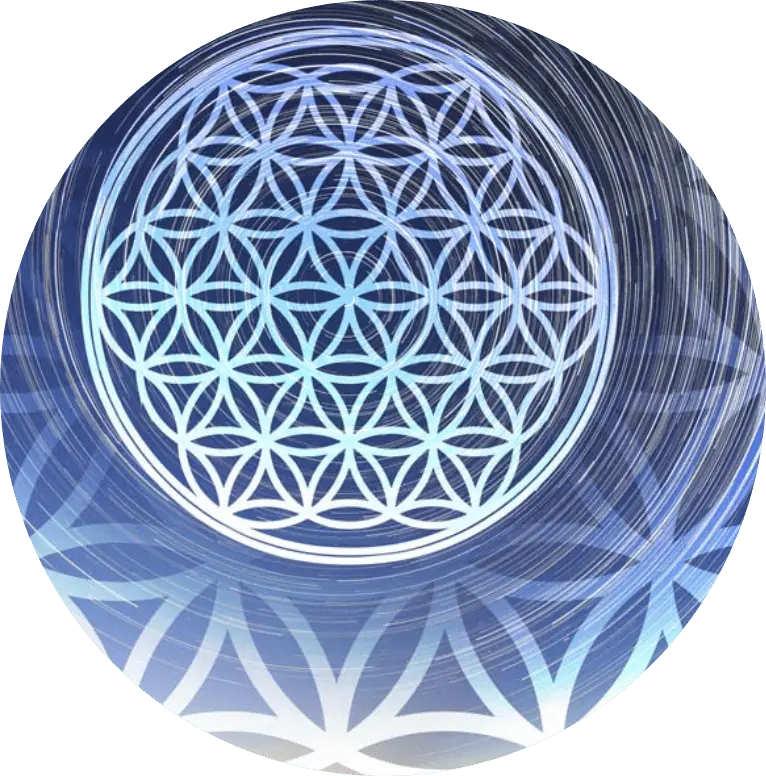
Go Deep to Go Far
PhD in Wisdom Studies
As a student in this program, you will delve into the rich reservoirs of the world’s wisdom traditions, extracting insights that are pertinent to contemporary issues and weaving them with your distinctive viewpoints. This approach not only enriches the academic field but also ensures practical relevance in today’s rapidly evolving world.
Graduating from Ubiquity University with a Doctorate in Wisdom Studies places you among a select group recognized with one of academia’s most esteemed honors. It denotes a level of expertise and integrity that commands respect and trust, positioning you as a leader whose knowledge contributes profoundly to the intellectual and ethical direction of our global community.
The process of earning a PhD is also a profound personal journey. It challenges intellectual and emotional boundaries, fostering resilience and a strong sense of achievement. Furthermore, PhD students often become part of an academic community, providing valuable opportunities for networking, collaboration, and personal growth.
Financially, a PhD can increase earning potential, with many programs offering scholarships and stipends to support students. But perhaps the most compelling reason to pursue a PhD is a passion for research and discovery. For those driven by curiosity and the desire to advance knowledge, a PhD offers a structured environment to explore and answer complex questions at the forefront of human understanding.
The program is divided into:
- 24 credits of coursework;
- 36 credits for your dissertation.
- The Creative Journey to Dissertation: Finding Your Voice, Making Your Mark (Gyorgyi Szabo, PhD – UU – online) (4 credits)
- Chartres Academy (See under In-Person Courses) /Virtual 1 or Virtual 2) (4 credits)
- Great Books (3 credits)
The PhD in Wisdom Studies is designed to be flexible and adaptable, accommodating a wide range of academic pursuits and allowing you to shape your educational experience to suit your specific goals. The program culminates in a dissertation that should be between 200 and 300 pages, embodying your significant academic contributions to the field. For more resources and to understand the full range of support available to you throughout your doctoral journey, please visit our student resource page.
Application Requirements: All doctoral applicants must submit the following:
- Transcript: An official transcript from your Master’s program, showing your major, graduation date, courses taken, and grades.
- Personal Statement: An essay detailing your educational objectives and the research area you wish to pursue.
- Resume/CV: Your most recent resume or CV, showcasing your academic and professional achievements.
- Contact both Co-Directors to arrange your interview: Dr. Gyorgyi Szabo at g.szabo@ubiquityuniversity.org and jgarrison@ubiquityuniversity.org
- After your interview, click the “Apply” button below to submit your application along with a $45 admission fee.
The primary requirement for pursuing a PhD at Ubiquity University is a Master’s Degree in any field. Applicants must provide a transcript confirming their graduation; merely submitting a diploma page is insufficient.
For those who have not yet earned a Master’s degree, we offer a combined MA/PhD in Wisdom Studies. This pathway allows you to first obtain your MA qualification before progressing to your PhD. The combined program requires 80 credits: 44 from coursework (either online or in-person) and 36 from dissertation work. For more details or to discuss your options, please contact the Dean of Graduate Studies.
Tuition and Fees:
The total cost for the PhD program is approximately $18,000, covering 60 credits at $300 per credit, along with fees for the dissertation, Major Advisor, and External Examiner. In addition to the credit costs, students must also pay the basic cost for each course. This base cost can vary, especially if courses are taken from outside Ubiquity as Independent Study, potentially adding $1,000 to $5,000 to the total degree cost.
Course fees are payable as you progress, applicable to both Ubiquity courses and approved external courses*. Full payment of dissertation fees is required before your dissertation defense. Payment plans for dissertation fees are available.
For detailed information about the dissertation process, please refer to our Dissertation Manual available in the Ubiquity University Student Handbook.
Details on our refund or cancellation policies can be found here: Refund and Cancellation Policy.
Learn More about the MA/PhD in Wisdom Studies
Ubiquity University is a global University for inner and outer regeneration. Our mission is grounded in the reality that history has reached a critical moment and people everywhere need to be nurtured to develop new, conscious mindsets, skillsets and toolsets to solve global challenges.
Ubiquity University is different. We are built for people who understand that the current global paradigm is unsustainable. We believe that meeting systemic threats such as climate change depends on the creation of empowered individuals who have done the inner work needed to prepare them to do right and do well in the world.
What our students say
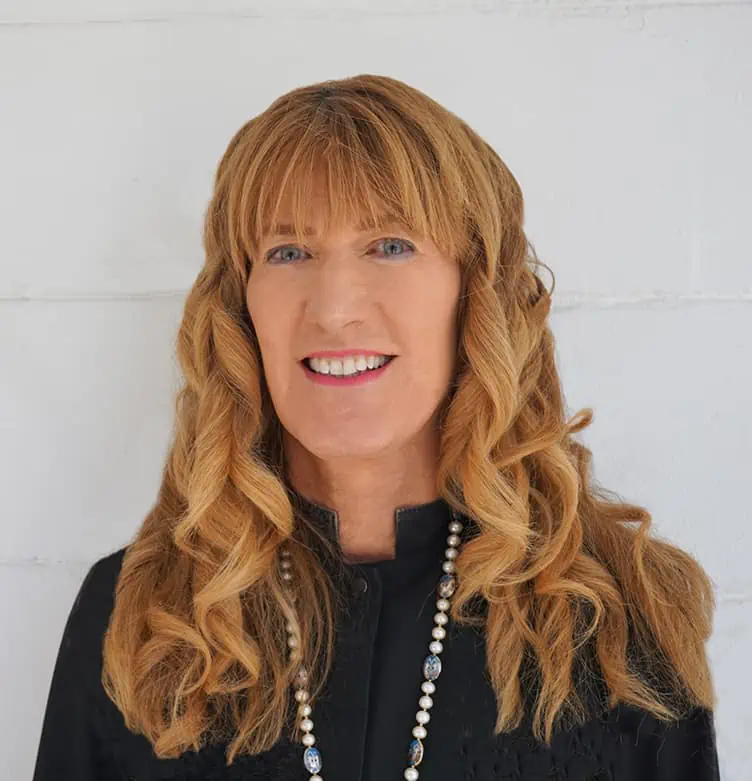
Rachel Root
Ph.D. in Integral Transpersonal Psychology
I got my start with Ubiquity when I attended Chartres Academy for several summer sessions, which I found to be stimulating, and transformational. The teachers, and lectures were quite profound, and were very accessible to the students. Through my course work, and interactions with many people attending Chartres Academy I began to be interested in the programs of study offered by Ubiquity University, especially Integral Transpersonal Psychology. My career had been in music, yet I was looking for ways to integrate my skills incorporating Integral Transpersonal Psychology. I grew immensely, spiritually, mentally, and emotionally under the guidance of my teachers, and fellow students from all over the world.
I loved working on my dissertation and highly valued working on something that I was very passionate about. In this process I found my own voice to be able to fully express my truth in the world.
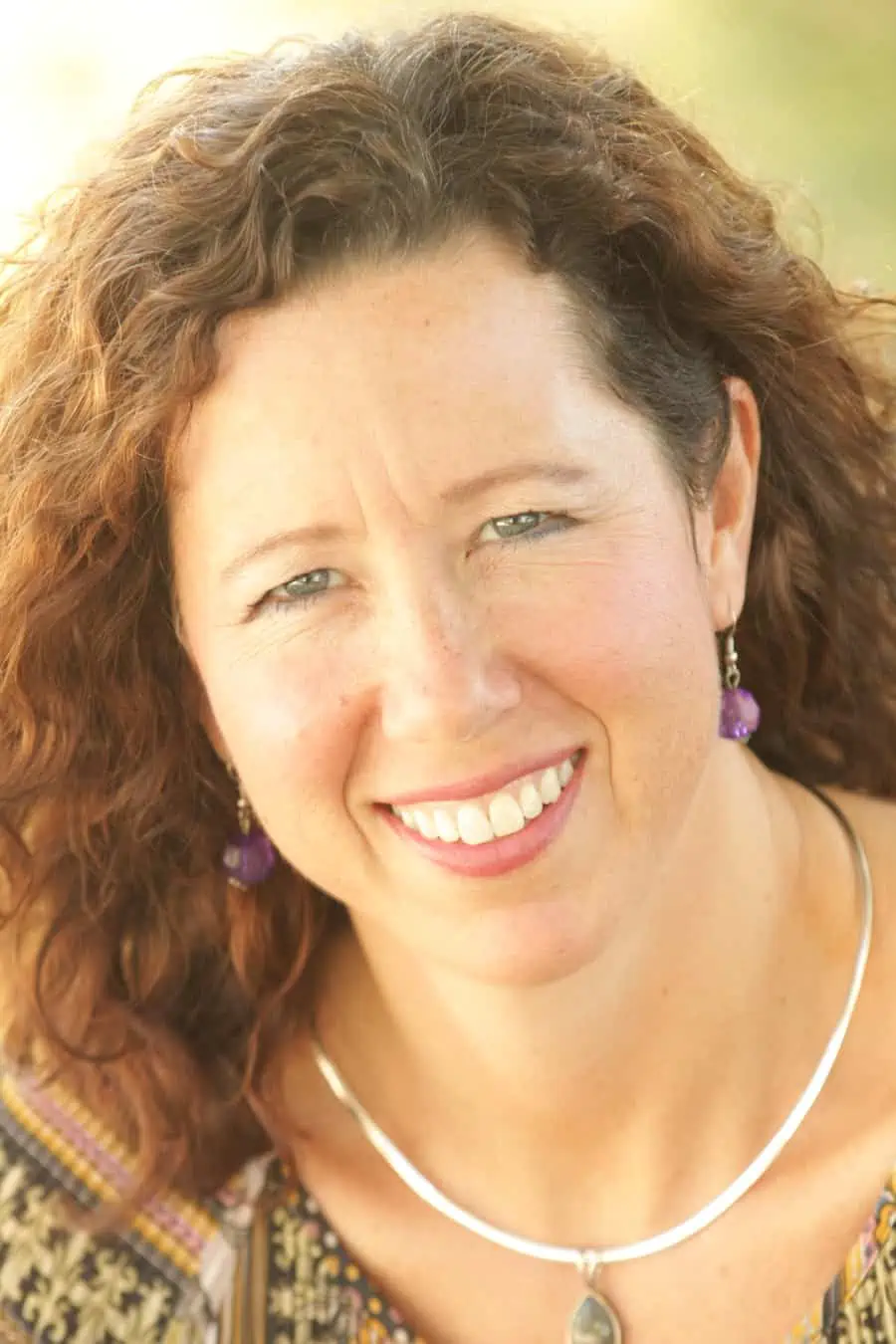
K. Mari Castle
Ph.D. in Wisdom Studies
I chose Ubiquity University’s PhD program because of the flexibility and freedom to concentrate on coursework that would support my research on ancient wisdom. The Chartres pilgrimage was a profound and transpersonal experience. The faculty was very supportive and I especially enjoyed the diverse community, and like-mind connections – many of which I am still friends with today.
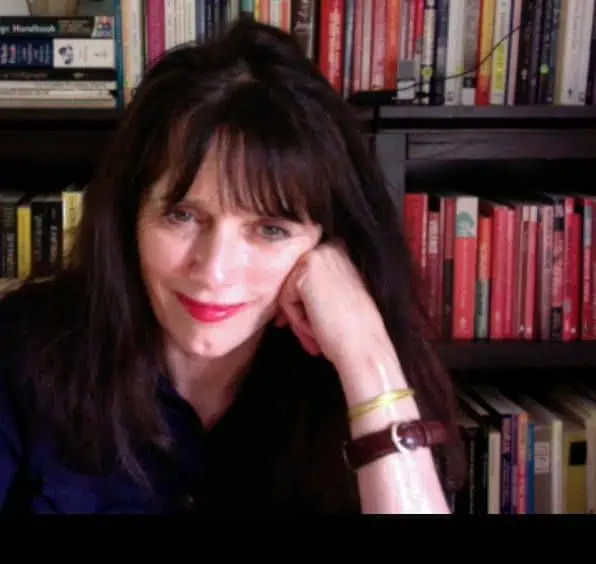
Vita Pires
Ph.D. in Wisdom Studies
My initial motivation to engage with a Ph.D. program at Ubiquity University was that Ubiquity’s educational model is grounded in the world’s wisdom traditions. Therefore I pursued my passion for engaging in in-depth research into the field of study involving the Early Buddhist approach to developing wisdom. The process allowed a deep dive into this topic from multiple angles, including practice, study, and textual exegesis. It was a life-transforming challenge filled with many rewards and insights.
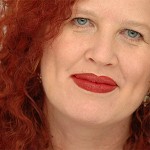
Lindley Edwards
Ph.D. in Wisdom Studies
I found it was an expanding experience, broadening my knowledge, understanding and perspectives. I particularly like the way in which students are required to incorporate what they learn into day to day life and explore what this might mean, anchoring academic theory into praxis. I also enjoyed the encouragement and challenge of my PhD supervisor who provided tangible value to my thesis. The environment was very supportive from the academic staff, the administrative staff and fellow students.
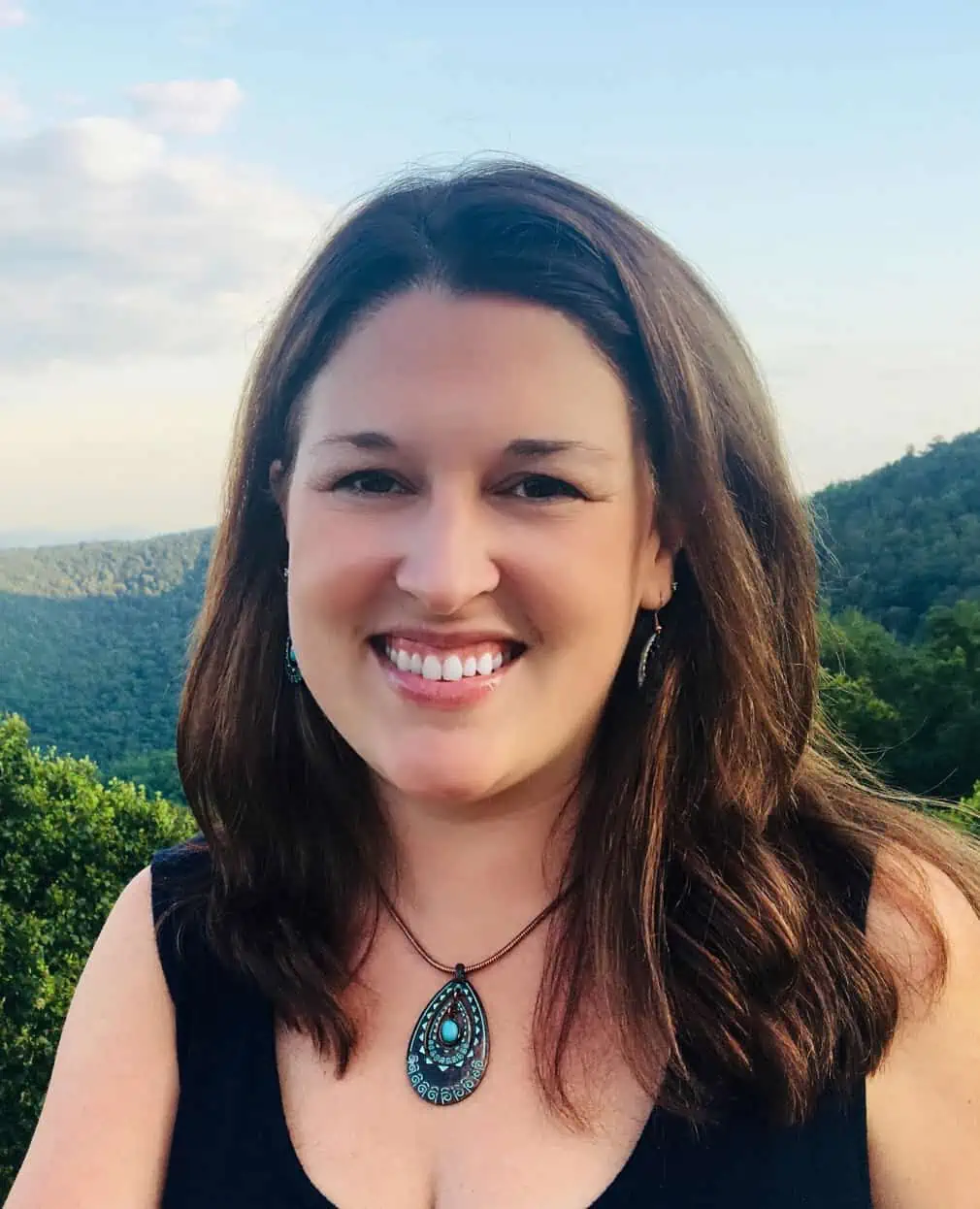
Bodhi Simpson
Ph.D. in Wisdom Studies
Entering into a PhD Program at Ubiquity in Wisdom Studies was an incredible experience and supported the ways that I learned best. This was absolutely the right program for me. I felt seen, heard, connected, and supported throughout my educational journey.
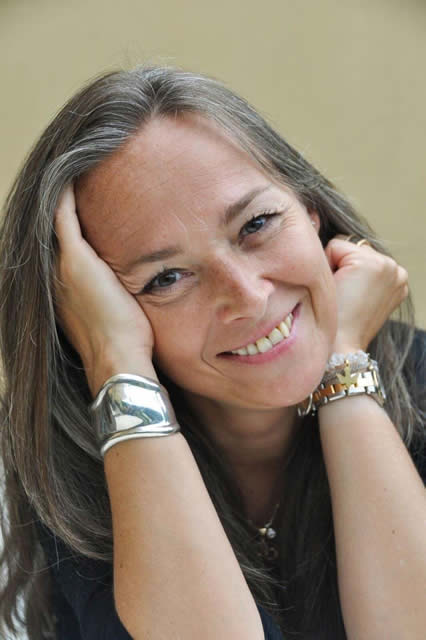
Gyorgyi Szabo
Dean of Graduate Studies
Reasons to do a Ph.D. are as diverse as PhD topics. For pursuing a doctorate, it could be about to start or advance a research in a particular field one is passionate about, follow a scientific or philosophical curiosity, openness and drive to improve oneself and learn new skills. One of the other strong reasons is the desire to make an original contribution to a specific subject. After all, this is a defining quality of a Ph.D. that sets it apart from other university qualifications. The aim is to create something new and significant that will stand alongside the work of previous scholars as well as affect and influence humankind’s evolution towards a more coherent, conscious, peaceful and just world for all.
Co-directors
Examples of Dissertations from our Students
The Creative Journey to Dissertation
Finding Your Voice, Making your Mark
The “Creative Journey to Dissertation” is a 1-week intensive designed by our Dean of Graduate Studies Dr. Gyorgyi Szabo. The course is a critical part of the dissertation writing process and is a requirement for all MA candidates.
Faculty: Gyorgyi Szabo

Support during your Graduate Program
During your graduate dissertation writing you will be supported by a Major Advisor of your own choosing, as well as optional writing courses and writing mentorship.


